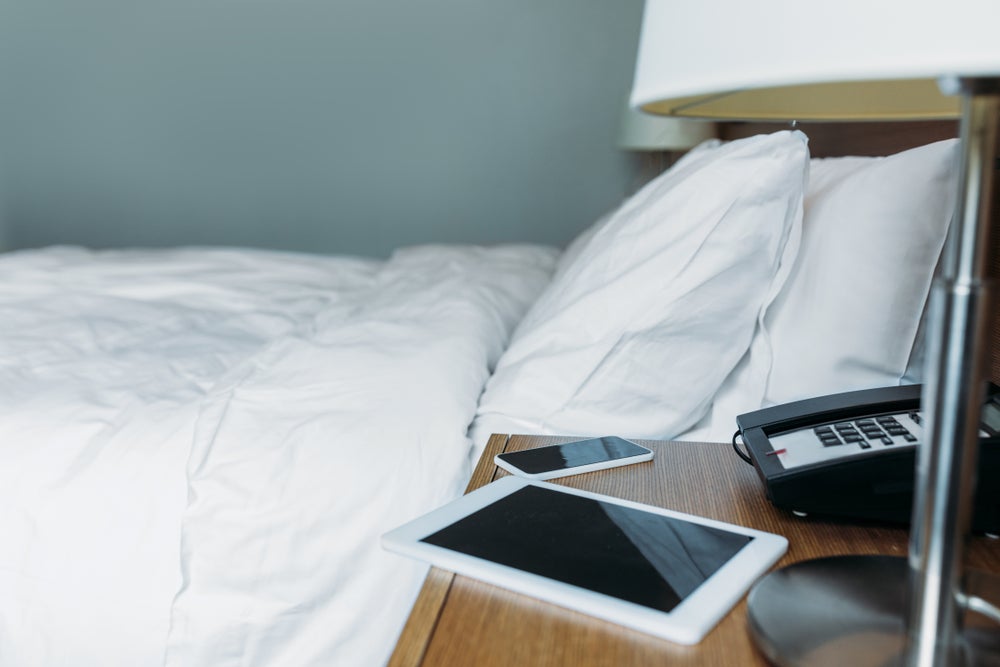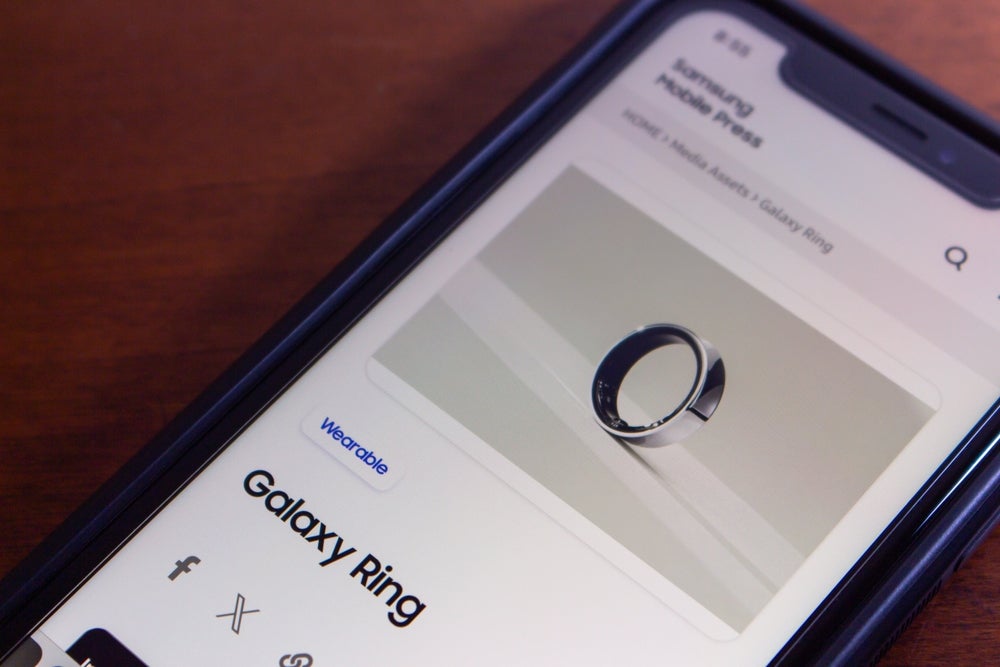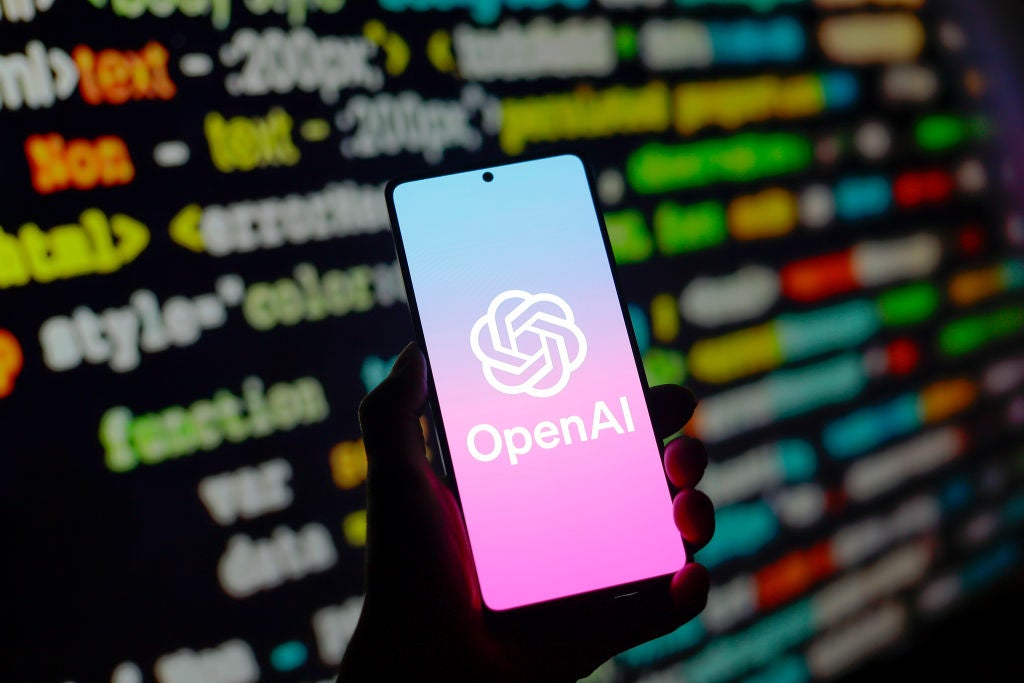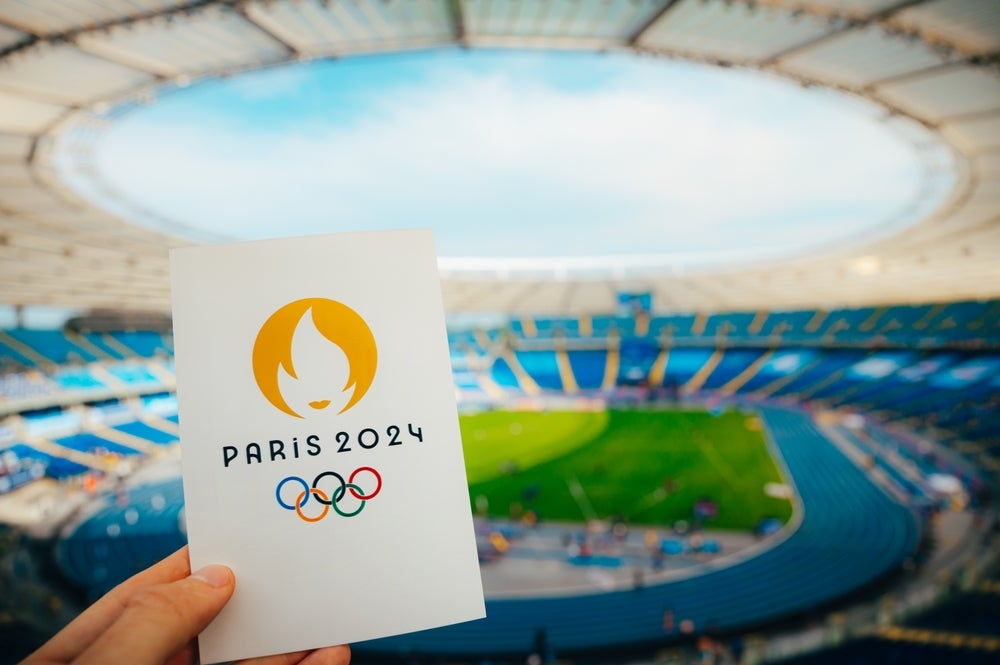
It is a well-known piece of trivia that smartphones now contain greater processing power than the computers used in NASA missions to send astronauts to the Moon 50 years ago, and it is certainly true that modern smartphone now rival supercomputers of the past.
The processing of the large volumes of data needed to train artificial intelligence (AI) may be typically associated with expensive and powerful supercomputers, but the processing power needed for research projects that rely on data analysis could in fact be in your pocket.
Smartphone processing power, which in many cases is unused for much of the time, can in fact be a valuable resource for those needing to process large datasets for research involving AI.
One such project was launched last year by the Vodafone Foundation and Imperial College London. Using an app called DreamLab, researchers were able to spread large datasets over thousands of smartphones, meaning their combined processing power can perform the calculations while connected to WiFi but not being used.
According to Imperial College London, around 5MB of data is downloaded onto the phone through the app, and the smartphone processing power is then used to run calculations. The data is then sent back and cleared from the device once this is complete.
According to the BBC, the DreamLab app has now been downloaded 83,000 times and has performed more than 10 million calculations, drastically reducing the amount of time this could have taken using other methods.
How well do you really know your competitors?
Access the most comprehensive Company Profiles on the market, powered by GlobalData. Save hours of research. Gain competitive edge.

Thank you!
Your download email will arrive shortly
Not ready to buy yet? Download a free sample
We are confident about the unique quality of our Company Profiles. However, we want you to make the most beneficial decision for your business, so we offer a free sample that you can download by submitting the below form
By GlobalDataThe programme is already producing results. Since it began, DreamLab has aided researchers in identifying molecules in different types of food that could help fight cancer, shortening the timespan of the research from years to months.
Harnessing smartphone processing power for research
However, this is not the only time smartphones have been harnessed in this way. In 2014, HTC launched its Power to Give app, created with the University of Berkely to enable research project around the world to make use of the combine processing power of Android smartphones.
In 2017, researchers at the University of Helsinki developed Ubispark, a project looking into using clusters of smartphones and other smart devices for data processing.
Similarly, IBM’s World Community Grid enables volunteers to donate their unused computing power in smartphones and other devices to process data. According to IBM, so far it has supported projects investigating treatments for cancer, HIV/AIDS and tropical diseases.
Although convincing users to download apps that use their phone’s power may prove challenging, as well as the clear need for robust security, as smartphones’ computational power continues to grow, this could be a valuable resource.
Read more: On-the-spot genome analysis made possible on smartphones







